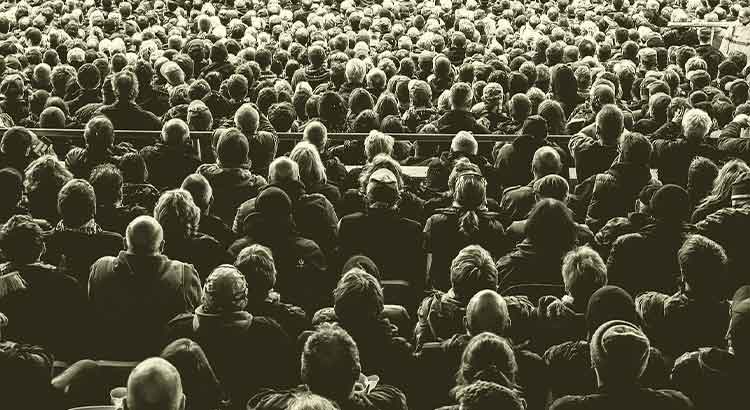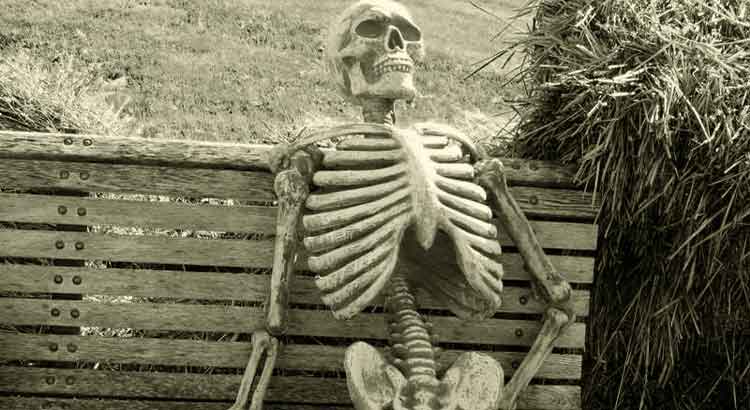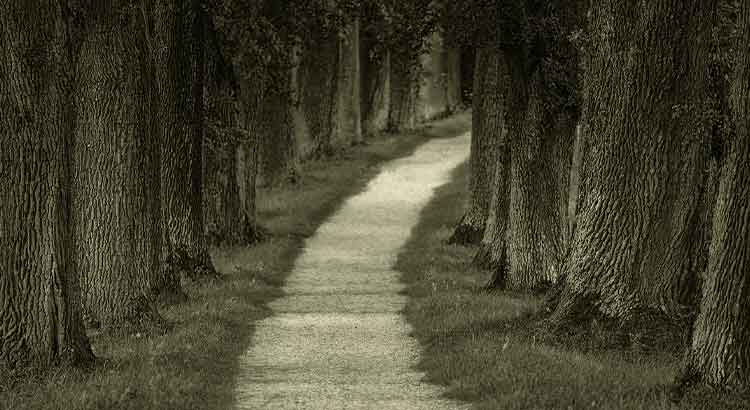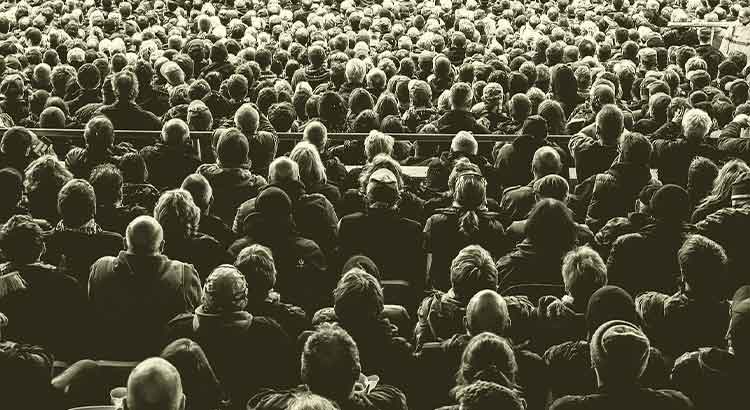When one looks back and realizes that not so long ago it was great artists who ran the theaters, defined their schedule, and therefore determined the works with which the public would come into contact, one realizes that at some point in history the order changed and great art disappeared from the posters. With honorable exceptions, there has been a complete reversal: in the past, the theater director selected what the public would see; now, the public dictates what the director has to present. Thus, the same places once devoted to art have become houses of entertainment. It is as if the modern world no longer sees the educational potential in art, but concentrates on other interests. If a conclusion is needed, it is that high culture, although now more accessible, no longer knocks by chance on the door of those who do not seek it.
Tag: theater
Taking Life Too Seriously
Says Chamfort:
Le théâtre tragique a le grand inconvénient moral de mettre trop d’importance à la vie et à la mort.
It is true… There is no denying that taking life too seriously brings numerous drawbacks, starting with the inevitable anguish. By giving too much importance to life and death and realizing that both are largely beyond its control, the spirit will experience despair. But one thing should be noted: emphasis is necessary for the theater to move; the message of a play will never have the same effect if it is devoid of dramatic exaggeration. To say with Nelson Rodrigues: fiction, in order to purify, needs to be atrocious. But perhaps these inconveniences are necessary not only for the theater, but for life itself, since in complete indifference man will always remain exactly where he is.
Independence and Resolution
The audience’s reactions to a play teach about art. The audience, usually assaulted at the end of the last act and immediately after the assault, is entitled to reply. Then the booing, the improprieties and the like echo. We say, of course, of the spontaneous audience — sincere, wild — and in first contact with the play. A play already performed, or before, an audience that knows the climax of the drama acts oppositely: it comes to the theater to analyze performances and decides to applaud. The curious thing is that, in life, the great playwrights do not usually produce under the stimulus of applause; and the audience, which is usually the conductor of criticism, contributes to his execution. Thus, we see art as forcing the artist’s autonomy by throwing him against the majority. It seems to ask him: “Are you capable of moving forward, contrary to everyone?”. The question does not give way to evasions: art seems to demand independence and resolution.
____________
Read more:
The Distance Between the Audience and the Artist
Nothing represents the distance between the audience and the artist as well as the theater, and there is no great play immune to booing at first performance. Understandable fact, since the great dramatic effect is averse to pleasant. The playwright, therefore, can measure his own success by the negative reactions and, if he receives applause, perhaps he is a minor artist. So is dramaturgy. The stones show his strength and the natural thing is that flowers are not thrown but by an audience that has passed unscathed to him. Is that only in dramaturgy?…
____________
Read more:



